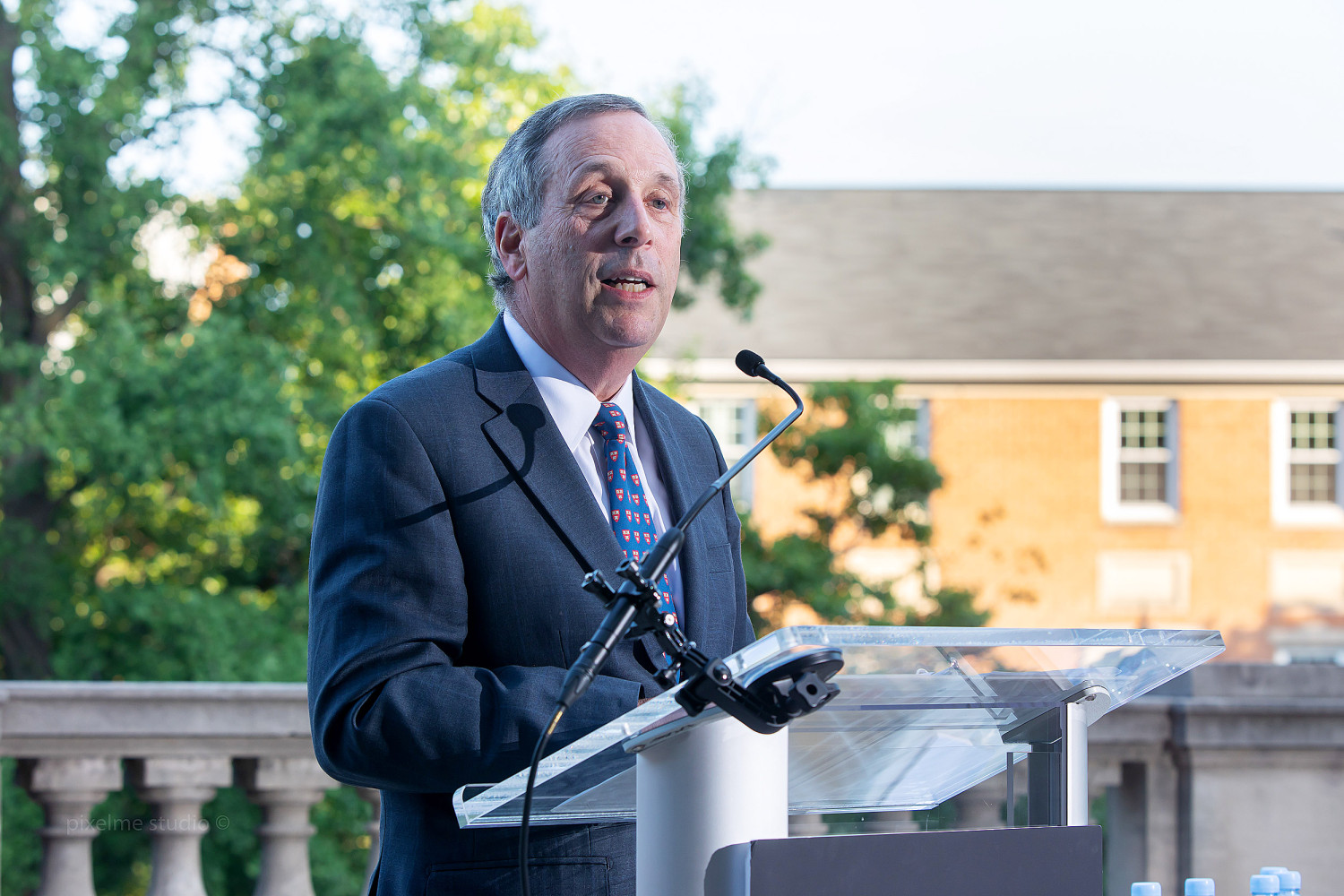Delays in the visa and immigration processes for foreign students and researchers has concerned Harvard president Larry Bacow, the school said in a release.
On a recent visit to D.C., Bacow met with lawmakers to discuss various issues related to higher education, including visa delays and the Deferred Action for Childhood Arrivals (DACA), among others.
Bacow also wrote a letter to secretary of state Mike Pompeo and acting secretary of homeland security Kevin McAleenan, urging them to expedite the process of issuing student and academic visas.
“Students report difficulties getting initial visas—from delays to denials. Scholars have experienced postponements and disruptions for what have previously been routine immigration processes such as family visas, renewals of status, or clearance for international travel,” Bacow wrote. “This has hindered or endangered their post-graduate work and, in some cases, their medical residencies.”
Back in August 2018, the federal government began strictly implementing its immigration laws for students and exchange visitors.
“USCIS is dedicated to our mission of ensuring the integrity of the immigration system,” L. Francis Cissna, USCIS director, said while issuing the policy memorandum in June 2018. “F, J, and M nonimmigrants are admitted to the United States for a specific purpose, and when that purpose has ended, we expect them to depart, or to obtain another, lawful immigration status.”
The U.S. also shortened the duration of visas granted to graduate students coming to study in STEM fields, issuing one-year visas instead of the previous five-year terms.
Last month, The New York Times reported that the United States Citizenship and Immigration Services is currently sitting on hundreds of applications of international students, which agency officials said was a result of “a surge in employment authorization requests.”
According to Quartz, the U.S. issued visas to less than 400,000 students in 2017, representing a 40 percent drop since 2015.
Bacow further wrote that the security concerns focusing on a few specific countries is contributing to student and faculty anxiety.
“Academic science is open and collaborative,” the letter reads. “While we support appropriate measures to safeguard valuable intellectual property, national defense, and sensitive, emerging technologies, singling out one country and its citizens is incompatible with the culture and mission of higher education and our national ideals.”
Last month, MIT President L. Rafael Reif expressed concern over the U.S. government’s scrutiny and stigmatization of faculty members, post-docs, research staff and students of Chinese descent as well. He called on the government not to create a toxic atmosphere of unfounded suspicion and fear.
Judge Orders Restoration of DACA in Princeton’s Backed Lawsuit



